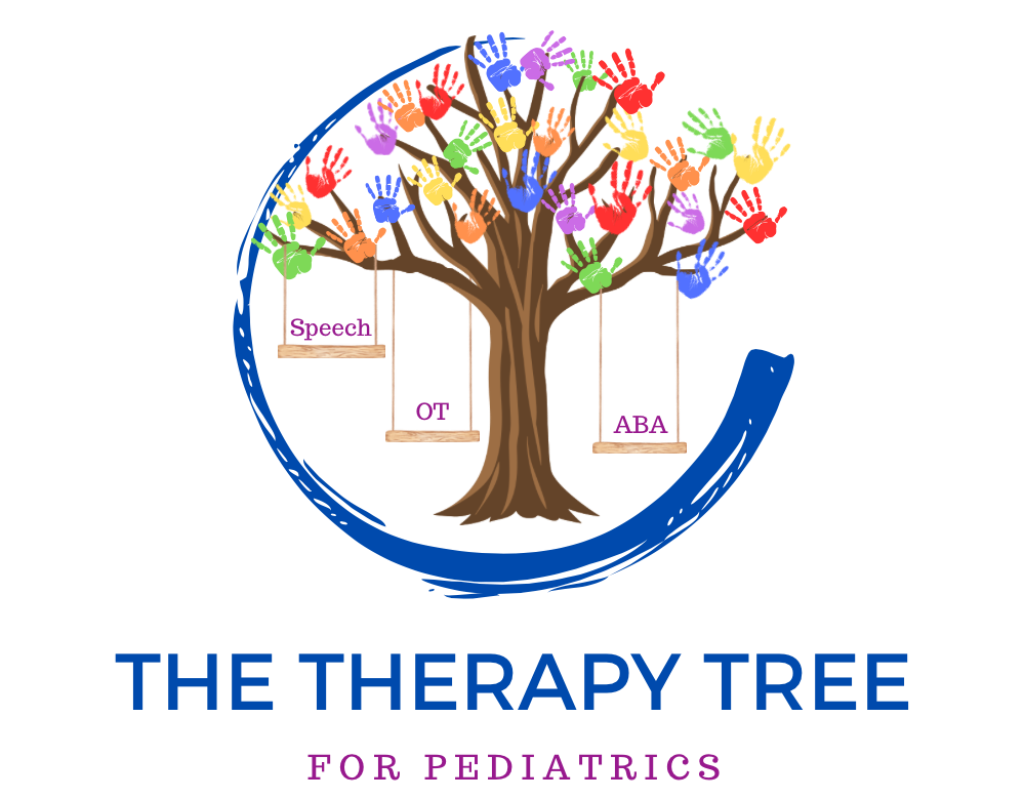Understanding Social Therapy and Pragmatics
Social therapy focuses on developing the skills children need to navigate everyday interactions successfully. These skills, collectively known as pragmatics, involve understanding and following social rules that guide how we communicate with others.
Pragmatics cover a wide range of behaviors, such as knowing how to take turns in conversations, recognizing the appropriate way to address different people, and even understanding how close to stand during an interaction. These unwritten rules are often picked up naturally, but for some children, they may require guidance and practice to master.
Social therapy provides a supportive environment for children to learn and practice these essential skills. Therapists use role-playing, games, and real-life scenarios to teach children how to adjust their communication based on context. For instance, children may learn to speak differently to a peer than they would to a teacher or to interpret nonverbal cues like body language and facial expressions.
Improving pragmatics not only enhances communication but also boosts a child’s confidence and ability to form meaningful relationships. With the right tools and strategies, children can become more comfortable navigating social situations, setting the foundation for stronger connections and greater independence.
